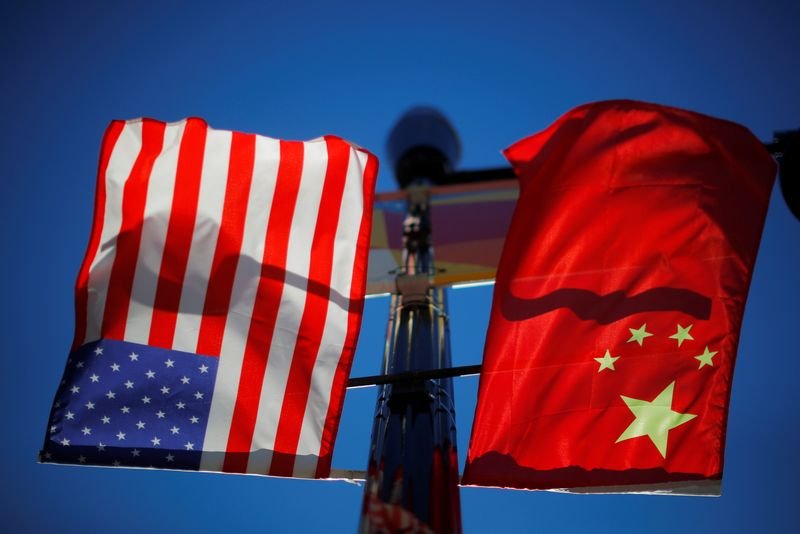Instant View: China announces tit-for-tat tariffs as US levies come into effect
Published by Global Banking & Finance Review®
Posted on February 4, 2025
2 min readLast updated: January 26, 2026

Published by Global Banking & Finance Review®
Posted on February 4, 2025
2 min readLast updated: January 26, 2026

China retaliates with tariffs as US levies take effect, escalating trade tensions and impacting global markets.
(Reuters) - Beijing immediately responded to new U.S. tariffs on Tuesday, renewing a trade war between the world's top two economies as President Donald Trump sought to punish China for not halting the flow of illicit drugs.
Trump's additional 10% tariff across all Chinese imports into the U.S. came into effect at 12:01 a.m. ET on Tuesday (0501 GMT).
On Monday, Trump suspended his threat of 25% tariffs on Mexico and Canada at the last minute, agreeing to a 30-day pause in return for concessions on border and crime enforcement with the two neighbouring countries.
COMMENTS:
JEFF NG, HEAD OF ASIA MACRO STRATEGY, SMBC, SINGAPORE
"The situation is still very fluid. I'm anticipating heightened uncertainty, dollar strength and USDCNH above 7.40."
KENNY NG, STRATEGIST, CHINA EVERBRIGHT SECURITIES INTERNATIONAL, HONG KONG
"China announced an increase in tariffs on some imported goods from the United States, raising market concerns about a worsening trade war between China and the U.S., leading to a significant narrowing of gains in Hong Kong stocks.
"In the short term, China and the U.S. will engage in consultations, and the related uncertainties may continue to trouble the market. However, as this factor gradually becomes clearer, I believe the investment market is likely to emerge from the shadow of the China-U.S. trade conflict.
"I expect Hong Kong stocks to continue to trend upward with volatility, potentially testing the resistance range of 21,000 to 21,300 within the month."
GARY NG, SENIOR ECONOMIST, NATIXIS, HONG KONG
"Unlike Canada and Mexico, it is clearly harder for the U.S. and China to agree on what Trump demands economically and politically. The previous market optimism on a quick deal still looks uncertain. Even if the two countries can agree on some issues, it is possible to see tariffs being used as a recurrent tool, which can be a key source of market volatility this year. At the same time, China has opted for a more targeted approach in tariffs, export control, and market access restriction, basically flexing its muscles as one of the biggest markets and producers."
(Reporting by Vidya Ranganathan and Ankur Banerjee; Editing by Jacqueline Wong)
The article discusses China's response to new US tariffs, escalating the trade war between the two nations.
China announced retaliatory tariffs on US goods, increasing market concerns about the trade war.
The trade tensions are expected to cause market volatility, particularly affecting Hong Kong stocks.
Explore more articles in the Finance category
